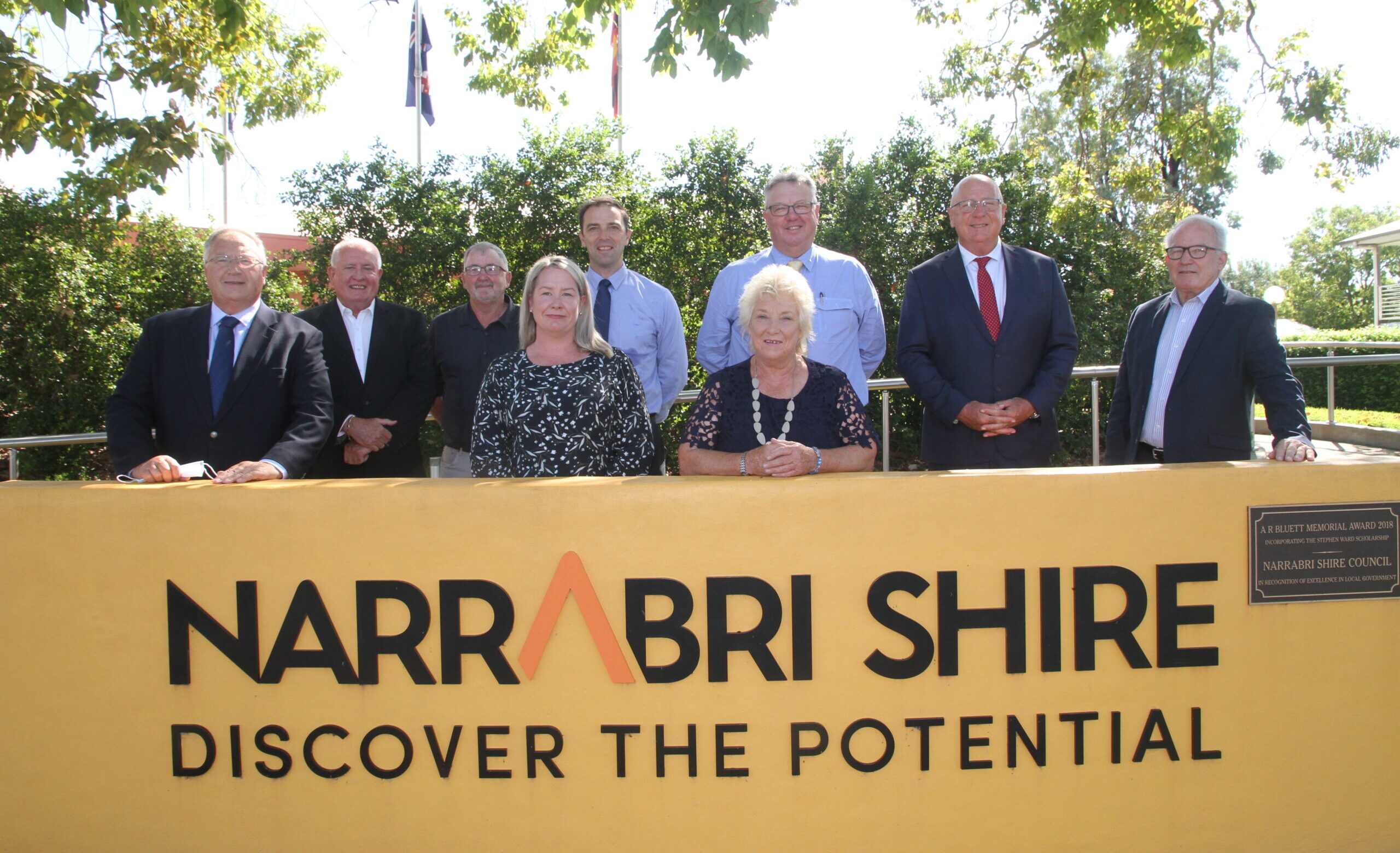Councillors have voiced concerns with public interest disclosures and a lack of knowledge among council staff and the community about how to report potential maladministration.
The matter was raised at the extraordinary meeting of council earlier in February, however, elected members agreed for a report to be tabled at Tuesday’s ordinary meeting detailing council’s policy.
While councillors moved to note the report presented to the meeting, some have vowed to delve deeper into public interest disclosures.
Moving the motion, Cr Rohan Boehm said he took into account the depth and spread of information tabled at the meeting.
However, he noted concerns about the practice of such a policy.
“It comes down to practice,” he told the meeting.
“I don’t think we’ve gotten to the bottom of the practice side of things.”
Cr Boehm said the document tabled at the meeting was gold standard, however, the practice is not.
Cr John Clements seconded the motion and echoed similar sentiments to Cr Boehm. He voiced concerns that staff did not understand the options and protections available to them in raising any potential maladministration.
Cr Clements has vowed to deal with the issue at a future meeting of council.
Speaking in favour of what had already been raised, Cr Greg Lamont sought a commitment from council management that a report comes back to council detailing the level of understanding by staff in relation to the issue.
Cr Darrell Tiemens suggested other transparency measures could be developed to complement the existing framework.
He did note that concerns existed in the community about reporting public interest disclosures as well as among a majority of the current councillors.
In its report tabled at the meeting, council management noted that all public interest disclosure complaints are dealt with in accordance with the Internal Reporting Management – Public Interest Disclosures Policy and Procedure.
“The policy and procedure is guided by the Public Interest Disclosures Act 1994 (PID Act). The PID Act removes the barriers that prevent people who work in the public sector from speaking up about serious problems,” the report noted.
“It also makes sure disclosures are properly investigated and provides protection for those that report allegations.
“In keeping with the requirements, all information is kept in confidence in Council’s Records Management system (ECM). Access controls are in place to protect complainants’ identity.
“Complaints can be made to the general manager, except where the complaint is about the general manager, and these complaints would be made to the mayor.”
The report noted that staff can also choose to make complaints to external authorities including ICAC, the NSW Ombudsman, Office of Local Government and the Information Commissioner.
“Staff are made aware of their ability to lodge complaints under PID Act, during their induction to Council,” the report read.
“Only current staff, councillors, contractors and consultants are covered by Internal Reporting Management Public Interest Disclosure Policy and Procedure. Former employees and former councillors can make complaints to external bodies including the Independent Commission Against Corruption (ICAC), NSW Ombudsman, Office of Local Government or the Information Commissioner, depending on the nature of the claim.
“Council is unable to deal with community complaints under the Internal Reporting Management Public Interest Disclosure Policy and Procedure or the under PID Act.”
To order photos from this page click here










